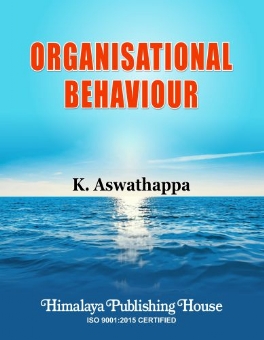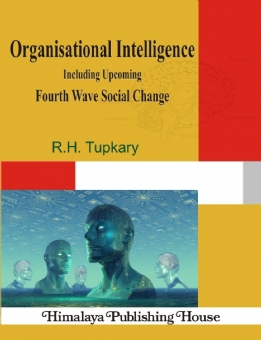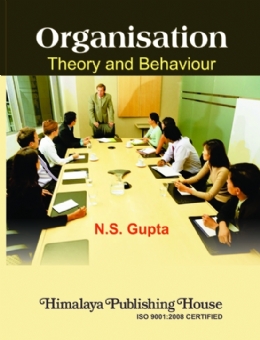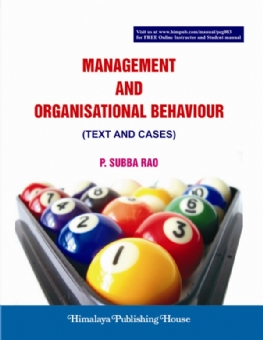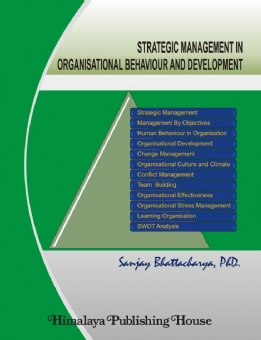The structure of the book is well sequenced and balanced. All the 25 chapters have been clustered into five parts, each part focusing on one dimension of Organisational Behaviour. Part 1 contains discussion on an overview of the subject; part 2 has chapters that explain the dynamics of individual behaviour; contours of group behaviour have been brought out in part 3; part 4 details the organisation and its structures; and part 5 describes international perspectives of Organisational Behaviour.
Majority of the cases in the book are India centric and the principles of Organisational Behaviour have been largely Indianised. Each page in the book has a figure and or an exhibit thus making it highly attractive.
The book is rich with pedagogic aids. Every chapter contains learning objectives, opening and closing cases, self-check, relook, summary, key terms and exercises.
The present edition is much improved in terms of new cases, additional boxed items and enriched text. Two new features are unique in the tenth edition: ‘Successful Manager’ and ‘Key Terms’. Key terms with definitions are appended at the foot of each page in the book. Definitions are catchy and close to the real-life happenings. ‘Successful Manager’ boxed at different places contain takeaways from each chapter. The tidbits go away from the text and contain highly interesting and memorable promontories.
A must read for all students of commerce and management courses.
Contents –
Section A – Nature of OB
1. Understanding the Nature of Organisational Behaviour
2. Management and Managers
3. OB − The Emerging Challenges
Section B – Individual Behaviour
4. Foundations of Individual Behaviour
5. Intelligence
6. Personality
7. Perception and Attribution
8. Learning
9. Attitudes and Values
10. Motivation − Theories and Principles
11. Applied Motivation Practices
12. Work Stress
Section C : Group Behaviour
13. Group Dynamics
14. Team Dynamics
15. Power and Political Behaviour
16. Workplace Behaviour – Conflict, Negotiation, Trust, Psychological Contract and Deviance
17. Leadership – Influencing Others
18. Communication
Section D – Organisations, Culture and Change
19. Designing Organisational Structures
20. Organisational Culture, Creativity and Innovation
21. Organisational Change and Development
22. Decision Making
23. International Organisational Behaviour
Section E – Ethically and Socially Responsive Human Resource
24. Ethics and Social Responsibility
25. Human Resource Policies and Practices

